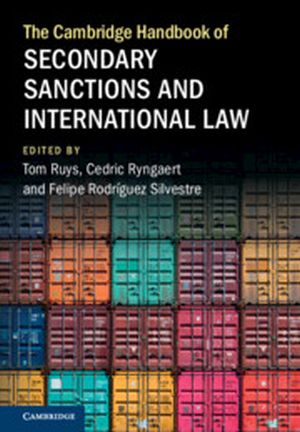
We live in an age of sanctions. For geopolitical reasons, powerful states and economic blocks increasingly impose unilateral measures restricting economic transactions with certain target states. These sanctions may apply to transactions between the sanctioning state and a target country but may at times also extend to transactions between third states and the target state. By imposing such 'secondary' sanctions, states aim to further isolate the target state. The extraterritorial character of secondary sanctions makes them controversial, as they impinge on third states' economic sovereignty and the latter's operators' freedom to conduct international business. This book addresses the legality of secondary sanctions from multiple legal perspectives, such as general international law, international economic law, and private law. It examines how third states and operators can legally react against secondary sanctions, e.g. via blocking legislation or litigation. It also provides economic and political perspectives on secondary sanctions.